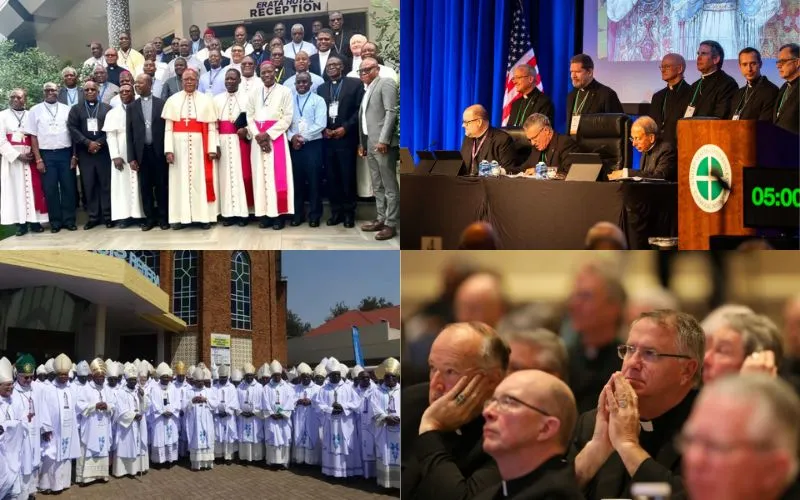Mr. Onzere who is the Project Manager of the Fair Recycling at DRC added, “Because of plastic pollution and other environmental challenges, ocean water levels are rising. We will not have Mombasa as an island if we do not take action.”
He called upon all people to take action against plastic pollution by recycling, reusing, and reducing the use of plastics.
He underscored the value of getting rid of plastic waste in the environment, saying they take “over 400 years, to decompose”.
One of the ways of reducing plastic pollution is by using the waste materials for agricultural purposes, Mr. Onzere further said, and added, “Plastic containers can be used for planting trees.”
There is need to “change our habits, lifestyle, and mindset” concerning environmental conservation, the DRC official further said, adding that garbage collectors need to be appreciated instead of looking at them as hopeless outcasts and “street urchins”.
“Waste picking is a noble job and is a noble income-generating activity,” Mr. Onzere said, and explained, “In the whole world, 61 percent of waste is managed by individual waste pickers. In Nairobi, 30 percent of our waste is managed by the same people we see as street urchins.”
Mr. Onzere also emphasized the need to practice afforestation, saying, “We need to plant trees for them to help inject oxygen for our use and for the earth to be balanced.”
“We can embrace the policy one man, one event, one tree,” he said during the June 9 event, and added, “Celebrate events by planting trees.”
ACI Africa was founded in 2019. We provide free, up-to-the-minute news affecting the Catholic Church in Africa, giving particular emphasis to the words of the Holy Father and happenings of the Holy See, to any person with access to the internet. ACI Africa is proud to offer free access to its news items to Catholic dioceses, parishes, and websites, in order to increase awareness of the activities of the universal Church and to foster a sense of Catholic thought and culture in the life of every Catholic.








